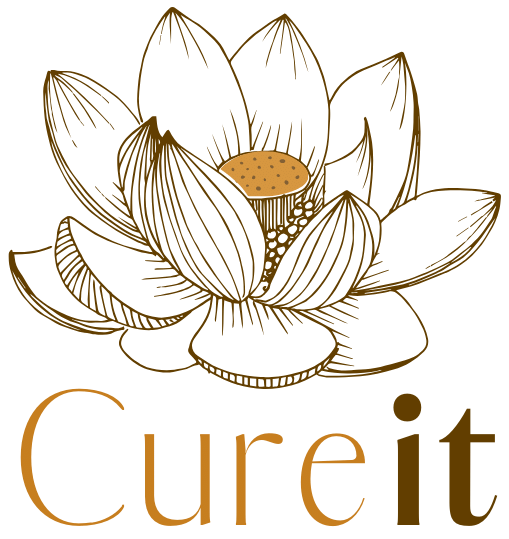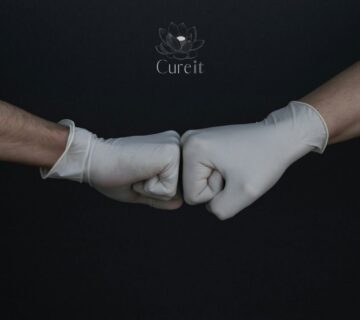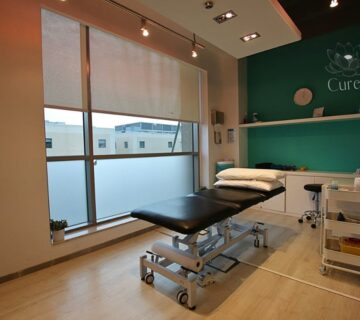
Alcohol addiction can be a challenging and complex journey, but at Cureit Center, we’re dedicated to providing comprehensive and effective treatment programs that empower individuals to reclaim their lives. In this blog, we’ll delve into the key components of Cureit Center’s Alcohol Addiction Treatment program, highlighting its benefits, incorporating real-life examples, and showcasing some of the innovative techniques we use to support our clients on the path to sobriety.
Individualized Assessment and Treatment Planning
One of the foundational pillars of our Alcohol Addiction Treatment program is the individualized assessment and treatment planning process. Upon admission, each client undergoes a thorough assessment to understand their unique needs, medical history, addiction severity, co-occurring disorders, and personal goals. This information is then used to create a personalized treatment plan tailored to address the specific challenges and strengths of the individual.
For instance, if a client has a history of trauma contributing to their alcohol use, our treatment plan may include trauma-informed therapy modalities such as Eye Movement Desensitization and Reprocessing (EMDR) or Cognitive Processing Therapy (CPT). By addressing underlying trauma alongside addiction, we provide a holistic approach to healing and recovery.
Medical Detoxification and Withdrawal Management
For individuals struggling with severe alcohol dependence, a safe and supervised medical detoxification process is essential. Cureit Center offers medical detox services where clients receive round-the-clock medical supervision, pharmacological support to manage withdrawal symptoms, and compassionate care to ensure a comfortable and safe detoxification experience.
During detox, clients benefit from a supportive environment where they can focus on their recovery journey without the distressing effects of withdrawal. Our medical team monitors vital signs, administers medications as needed, and provides emotional support to ease the transition into sobriety.
Psychoeducation and Therapy
Education is a powerful tool in addiction recovery, which is why our program includes comprehensive psychoeducation sessions. Clients learn about the neurobiology of addiction, the effects of alcohol on the body and mind, coping strategies, relapse prevention techniques, and life skills essential for maintaining sobriety.
Therapy plays a pivotal role in our Alcohol Addiction Treatment program, with various evidence-based modalities tailored to each individual’s needs. These may include:
- Cognitive-Behavioral Therapy (CBT): Helps identify and modify harmful thought patterns and behaviors related to alcohol use.
- Motivational Interviewing (MI): Enhances motivation for change and empowers clients to set achievable goals.
- Family Therapy: Involves family members in the recovery process, addresses relational dynamics, and fosters support networks.
For example, a client struggling with alcohol cravings and impulse control may benefit from CBT techniques such as identifying triggers, developing coping skills, and practicing mindfulness to manage cravings effectively.
Holistic Wellness and Dual Diagnosis Support
At Cureit Center, we recognize that addiction often coexists with underlying mental health issues or unresolved trauma. Our program integrates holistic wellness practices and dual diagnosis support to address the whole person.
Holistic wellness components may include yoga, meditation, nutritional counseling, exercise therapy, art therapy, and mindfulness practices. These activities promote physical health, emotional well-being, stress reduction, and overall balance in recovery.
Moreover, for clients with co-occurring mental health disorders such as depression or anxiety, our team provides integrated dual diagnosis treatment, ensuring that both addiction and mental health issues are addressed concurrently for comprehensive healing.
Innovative Techniques at Cureit Center
In addition to traditional therapy modalities, Cureit Center incorporates innovative techniques to enhance the effectiveness of our Alcohol Addiction Treatment program:
- Virtual Reality (VR) Therapy: Utilizing VR technology, clients can engage in exposure therapy to confront alcohol-related triggers in a controlled, immersive environment, allowing for gradual desensitization and skill-building.
- Mindfulness and Meditation Apps: We recommend and integrate mindfulness and meditation apps into our program, empowering clients to practice mindfulness, manage stress, and cultivate self-awareness outside of therapy sessions.
- Teletherapy and Online Support Groups: With the advancement of telehealth, we offer teletherapy sessions and online support groups, providing convenient access to therapy and peer support for clients transitioning from residential treatment to aftercare.
Cureit Center’s Alcohol Addiction Treatment program is designed to address the complex needs of individuals struggling with alcohol dependence. Through individualized assessment and planning, medical detoxification, evidence-based therapy modalities, holistic wellness practices, dual diagnosis support, and innovative techniques, we provide a comprehensive and empowering approach to alcohol addiction recovery. Our goal is not just sobriety but also long-term wellness, resilience, and a fulfilling life free from the grip of alcohol addiction.



No comment